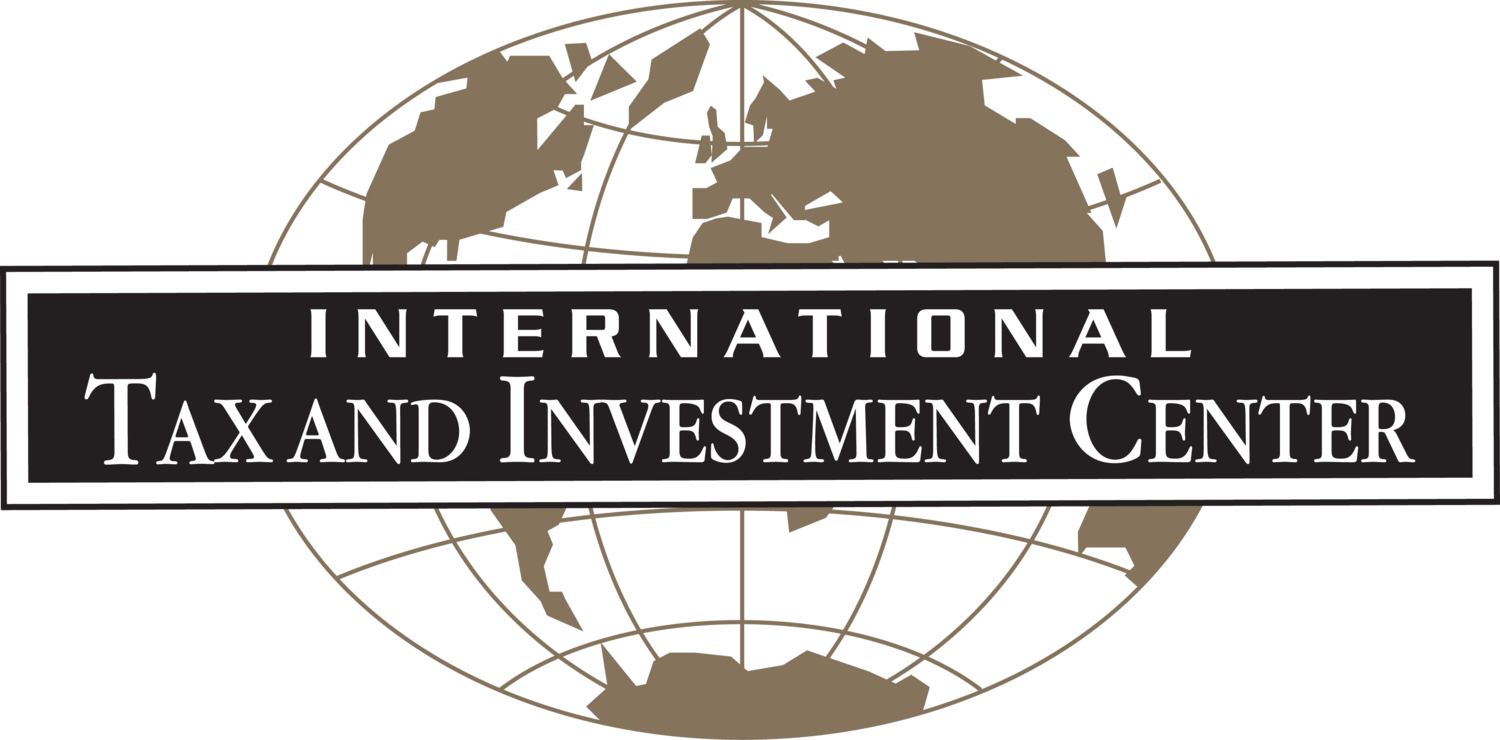ITIC is a respected, credible broker of public-private tax dialogue that facilitates mutual understanding and trust between business and government through the ITIC neutral table, where stakeholders convene to discuss academic analyses, policy studies and international best practices.
Tax Policy Tenets
From its inception, ITIC has consistently advanced several tenets of effective tax policy.
Revenue Adequacy. Revenues must be adequate to finance the proper functions of government, without resorting to inflationary finance. Governments must make choices in public budgeting, as in all areas of economic life. Tax rates should be as low as possible, as such rates minimize the adverse, disincentive effects of taxation and the inequities and distortions of economic activities produced by the failure to tax all activities equally.
Fairness. Taxation must be fair – and must be seen to be fair. Taxpayers in similar circumstances should pay roughly the same amount of tax. The pattern of taxes paid by taxpayers with different incomes should accord with social norms. Those living in poverty should pay little or no tax.
Certainty, transparency, and stability. Tax liabilities should be certain, clear, stable, and never retroactive, so potential investors can predict liabilities.
Simplicity. A system that is not simple cannot be certain, transparent, neutral, or fair. A complex tax system wastes scarce resources on compliance and administration.
Economic Neutrality. Markets generally allocate scarce resources efficiently, determining what to produce and how to produce it. Tax policy should seek to avoid distortions of economic neutrality, and several subsidiary principles should be considered:
Uniform taxation. Indirect taxes on consumption should apply equally to all consumption, and income taxes should apply equally to all income, without regard to source or use.
Tax-free business purchases. To avoid distorting choices of production techniques, all reasonable business expenses should be deductible in calculating taxable income.
Avoidance of tax holidays. Tax holidays and preferential tax rates can undermine several goals with respect to revenue, economic neutrality, fairness, and simplicity. If tax incentives are provided, they should be geared to investment policy, available to all potential investors and not subject to administrative discretion.
Fiscal policymaking. The Ministry of Finance or Treasury should have all fiscal policy-making powers and administrative control of implementation. Broadening such authority -- e.g., to a Board of Investment to grant tax incentives, undermines revenue goals, economic neutrality, and simplicity.
Compatibility with international standards. In a global economy, countries should ensure that their tax systems do not impede international economic relations and remain consistent with their international trade obligations. While countries should cooperate to address concerns on tax base erosion and profit shifting, a nuanced approach is advisable to focus scarce resources on actual risks to the tax base, and to ensure that compliance costs are not excessive.
Honest and competent tax administration. Tax administration must be honest and competent; otherwise, taxation cannot be fair, simple, clear, or neutral.

